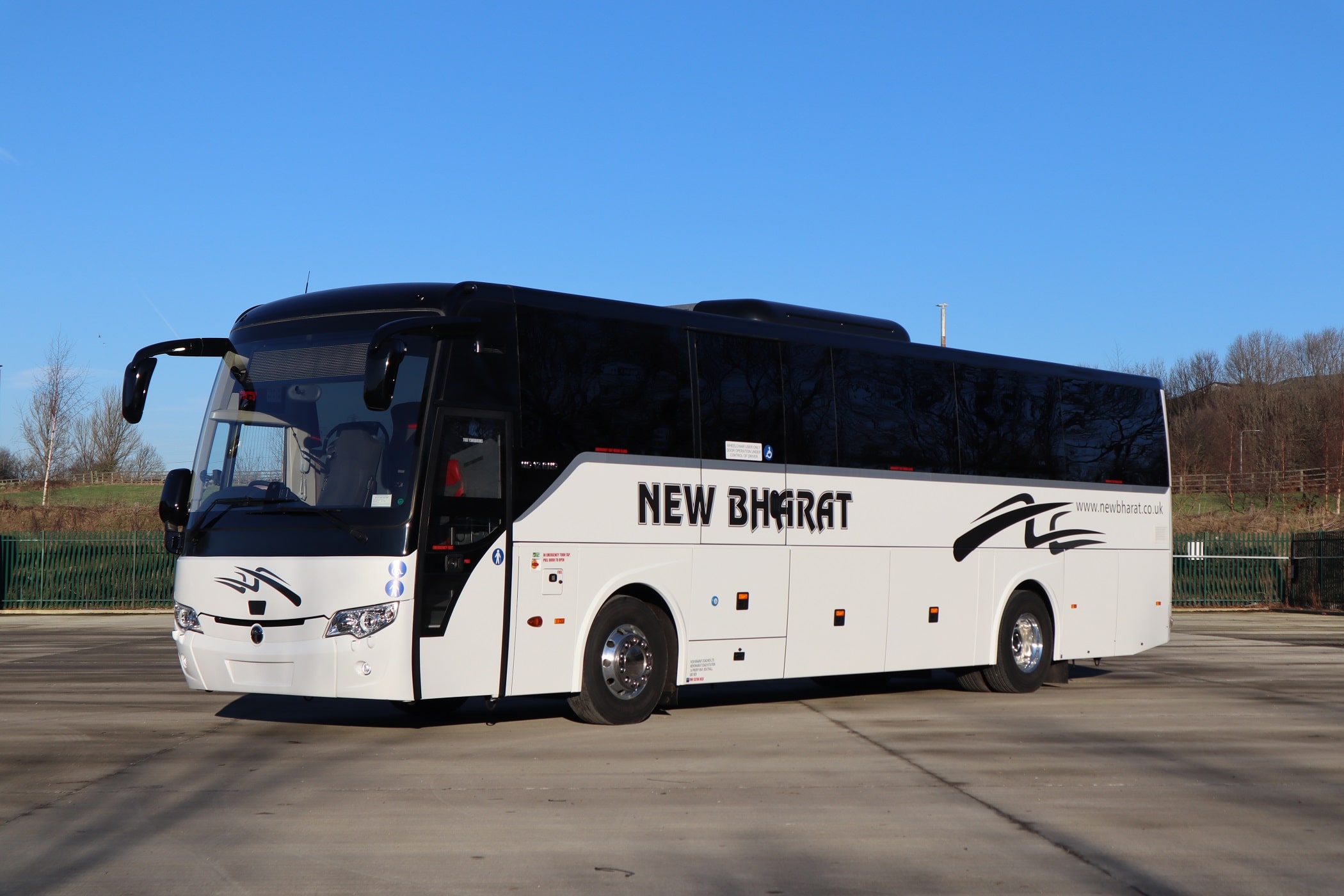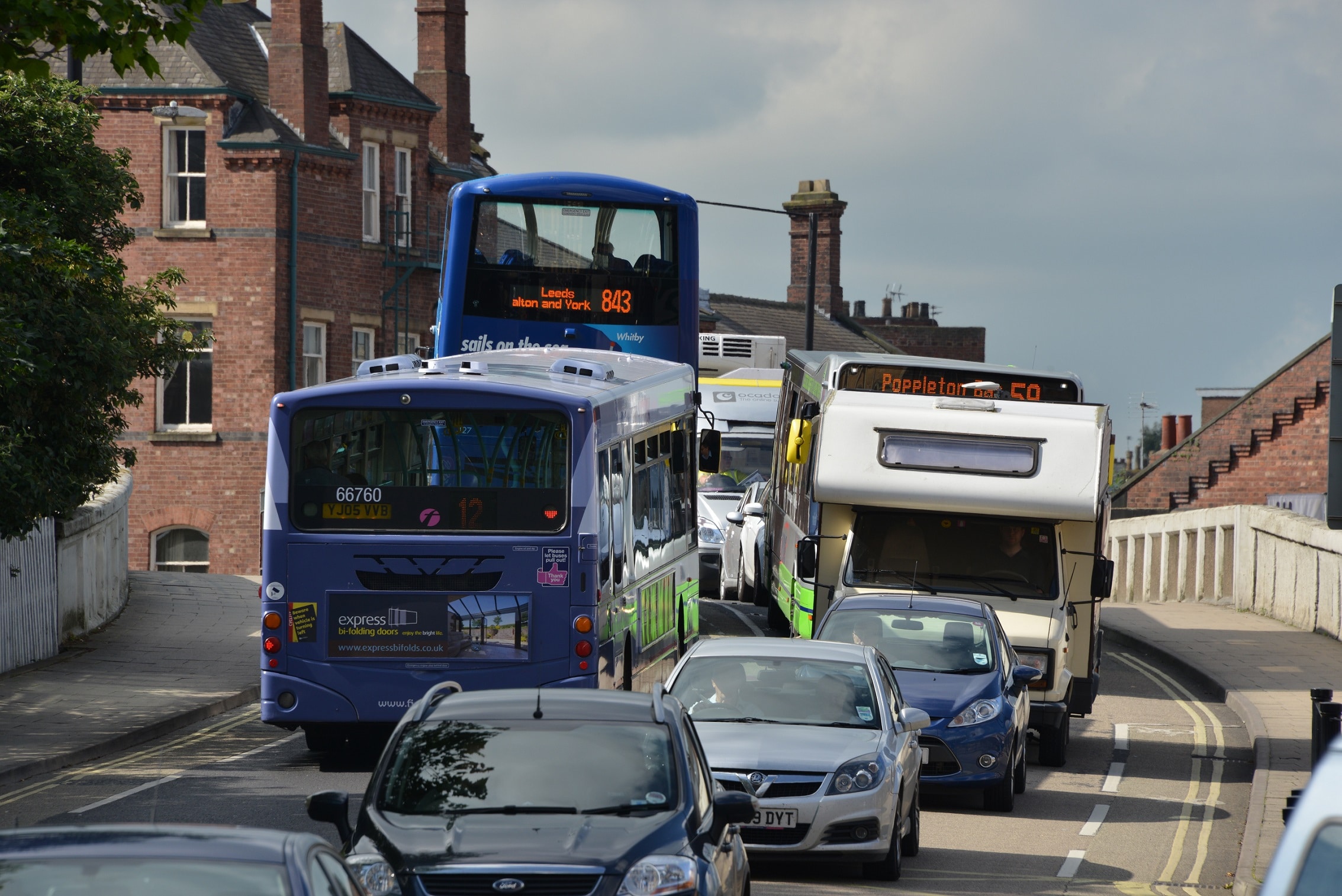The conversion to new coaches and buses that are fully electric is, in my view, going to be extremely challenging going forward.
This is due to the range factor, obtaining the necessary minerals from countries that are not very politically stable to make batteries, and the fact these vehicles are very expensive without government subsidy (coupled with providing a readily available charging network, which is going to cost a fortune to install and maintain).
It may be okay for any of the big five bus groups to have a splurge on electric buses as they have the financial muscle and the backing of government, but where does that leave the small coach and bus operator?
Over the coming years, using diesel as a means of powering coaches, buses and HGVs will decline. I do not know if I will see through what will be a seismic change in how we travel the UK in the future, and by what means. However, there are other means of powering vehicles (diesel-electric hybrid, compressed natural gas, liquefied petroleum gas, biofuel) which can be used to power those otherwise with diesel engines.
There seems to be a rush to get into electric and I can still remember the dash for gas when the North Sea gas fields were opened up. ‘Cheap energy’ was the cry of government, and what do we have now? 50% of the gas is used to generate electricity in power stations, which is expected to quadruple in price by the end of the year. That is going to have a major effect on everybody in the UK.
Turning to length of contracts, I know that one area is only offering one-year contracts. There is no possibility that any operator there is going to invest any money into Euro VI, therefore it is impossible to consider such a vehicle for this type of work. In fact, contract prices are lower than they were five years ago due to the rates being slashed by some operators. Most of the work being carried out by local operators is being undertaken by 20-year-old single- and double-deck coaches and buses. All that’s happening is the can is being continually kicked down the road, and as a business model, this is clearly unsustainable and does not bode well for the future.
I just cannot see at this moment in time a local authority (LA) or passenger transport authority offering a contract of eight to 10 years, but if it did, that would give the operator the confidence to invest in new vehicles such as Euro VI or electric.
The only problem we can see in this is LAs invoking the cancellation clause one third of the way through the contract to get a cheaper price, and either the incumbent operator is then forced to cut its rate or another operator gives the LA a cheaper price.
I have seen this happen before when the LA has cancelled an operator’s contracts to get a cheaper price and it was re-tendered to a Section 19 permit holder. The operator had invested in upgrading its fleet on the back of a five-year contract, and was now out of a job.
Ian Ashman, Washington



























